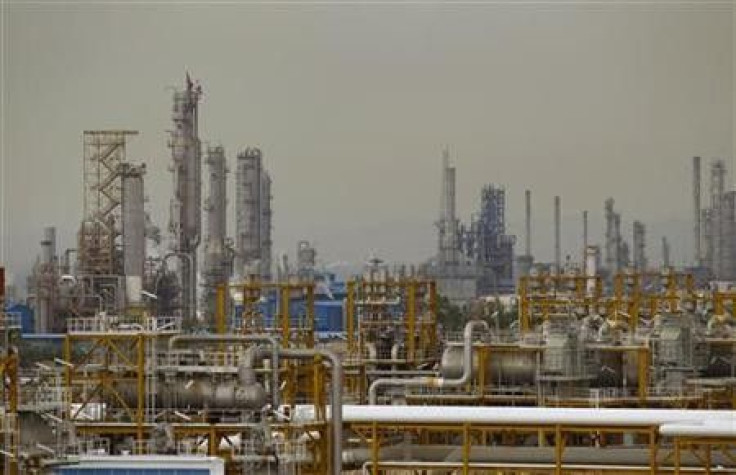India Bows To US Pressure, Will Cut Iranian Oil Imports

In a major victory for the US-EU led sanctions on Iran, the Indian government has asked top two importers of Iranian crude to cut their imports by at least 15 percent this year, the Wall Street Journal WSJ reported, quoting industry sources.
... Indian government has asked state-owned Mangalore Refinery & Petrochemicals and privately run Essar Oil to lower their imports in the current financial year, the WSJ reported on Wednesday.
The decision by the Indian government to cut oil imports from Iran came ahead of the India visit of US Secretary of State Hillary Clinton early next week.
Citing unnamed sources, the WSJ report added that the Indian government made the request due to pressure from the US. A person familiar with the request told WSJ, definitely, there is a lot of pressure from the U.S.
However, the move has come from the Indian government amid reports that the country's state-run insurers would give limited protection to local ships carrying Iranian oil. The decision of the Indian insurers would help Indian oil importers to continue importing oil from Iran, defying EU sanctions.
India heavily depends on imports to meet its huge domestic fuel demand and is one of the top importers of Iranian oil. The combined sanctions on Iranian oil by the US and the EU have put pressure on India to diversify its fuel imports.
Indian industry sources have always maintained that the country will continue buying oil from Iran.
The other top Asian importers of Iranian oil, China, South Korea and Japan, have also trimmed their oil imports from Iran, but have refused to ban Iranian oil entirely.
These countries are finding it difficult to get shipping and insurance facilities for Iranian oil imports as tough sanctions ban EU and US insurers and financiers from funding and insuring ships carrying Iranian oil with effect from July.
Western sanctions have also made it difficult for the importers of Iranian oil to transact in dollars, forcing Tehran to opt for barter system of trade with the these countries.
Two months ago, both India and Pakistan had reached an agreement with Iran to exchange food grains for crude oil imported from Iran.
According to Chinese media reports, Beijing is also exploring options of circumventing EU sanctions by providing sovereign guarantees for its ships that import Iranian oil.
© Copyright IBTimes 2024. All rights reserved.












